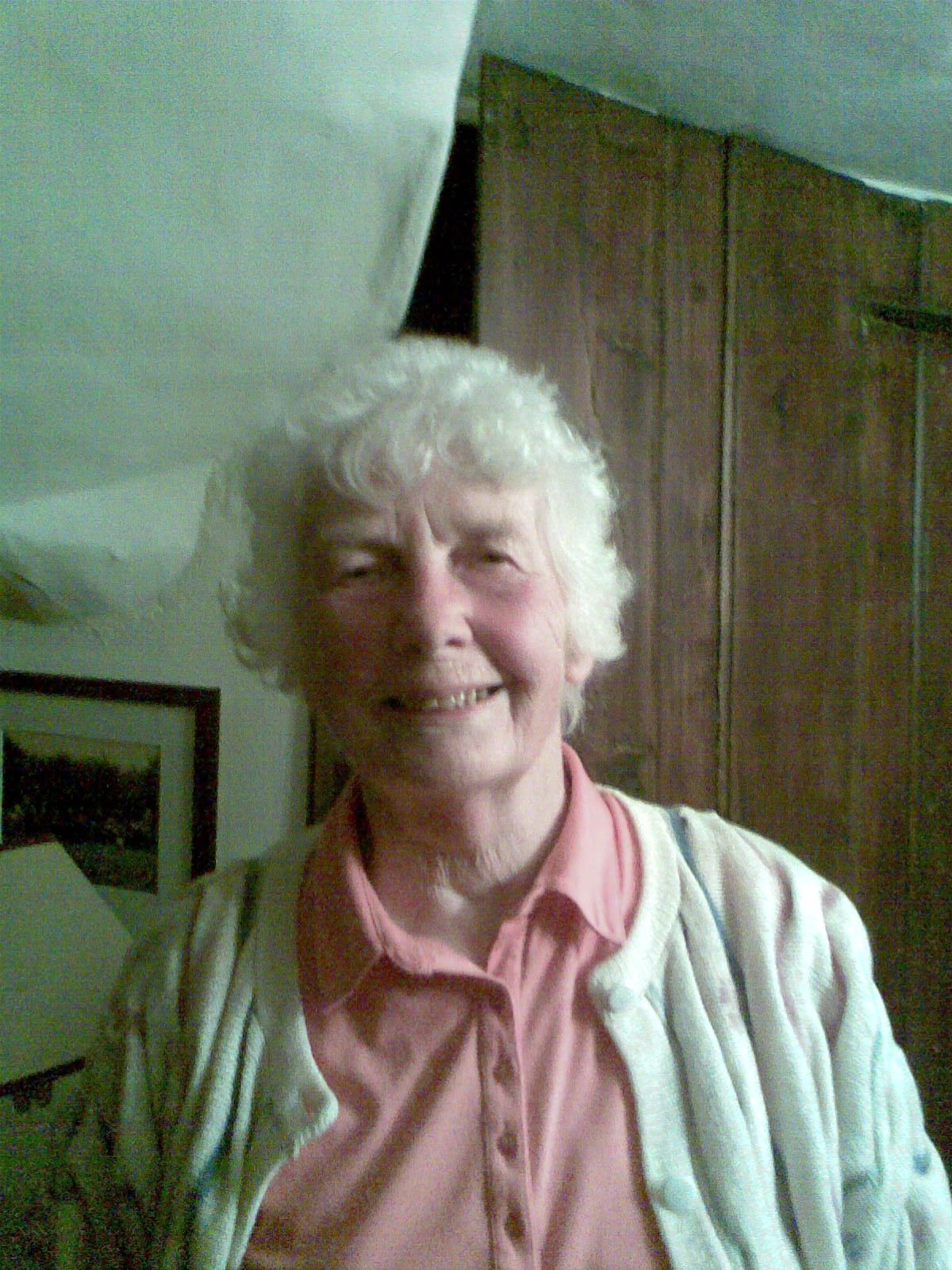 If Christmas is a difficult time for blogging, New Year is worse. Does one write about New Year Resolutions- their wisdom or their folly? Does one look back on the previous year and comment on lessons learned ; opportunities missed or taken? Does one retire early, regarding January1st as no more or less important than May 7th or September 5th? Or does one stay up until the chimes of midnight, join hands and sing “For Auld Lang Syne”. As a counsellor there are particular temptations to write other people’s year. I could fill pages with the stories my patients have shared with me. From these I could draw up a list of Counselling 10 Commandments for 2014. I could write about the lessons I have had to learn as a therapist. The mistakes I have made. The times I have managed to say something helpful. All of which might make a reasonable blog. But as the American writer, Joyce Maynard put it, “If I told you about all the stories I don’t tell, I would be violating the very boundaries I set for myself.” This injunction notwithstanding, I hope that I can say something
interesting as we approach the end of a year.
If Christmas is a difficult time for blogging, New Year is worse. Does one write about New Year Resolutions- their wisdom or their folly? Does one look back on the previous year and comment on lessons learned ; opportunities missed or taken? Does one retire early, regarding January1st as no more or less important than May 7th or September 5th? Or does one stay up until the chimes of midnight, join hands and sing “For Auld Lang Syne”. As a counsellor there are particular temptations to write other people’s year. I could fill pages with the stories my patients have shared with me. From these I could draw up a list of Counselling 10 Commandments for 2014. I could write about the lessons I have had to learn as a therapist. The mistakes I have made. The times I have managed to say something helpful. All of which might make a reasonable blog. But as the American writer, Joyce Maynard put it, “If I told you about all the stories I don’t tell, I would be violating the very boundaries I set for myself.” This injunction notwithstanding, I hope that I can say something
interesting as we approach the end of a year.
I have been challenged recently to think about Boundaries. In therapeutic work in particular we express boundaries in many ways. The fee we charge our patients; the time and place of a session; how much we self disclose and a long list more. The beginning and ending of a session can be difficult. When does a session begin? When my patient arrives in my room? When they sit down? When they press the bell to tell me they have arrived? How much do I take note of what happens “outside’? Ending a session can be as difficult. Do i keep rigidly to my 50 minute time? Do I allow someone more time if they are upset? Do I end early if nothing seems to be happening? How much extra time do I give? A minute? Five minutes? Whilst perhaps sounding a little esoteric, many long arguments rage around these issues. Which is to say that boundaries are important. In clinical work it is hard to end a session when my patient is upset. The temptation is to allow “a little extra time”. But there is a need for me to prepare for my next session.To clear my head from the last 50 minutes and be available for my next patient who also wants my time and attention. Winnicott observes that the end of a session marks the therapist’s love and their hate. We “love” our patients enough to give them 50 minutes of our time. We ” hate” them in that we only give 50 minutes. Not 51 minutes or 54 minutes. (It is interesting that a search of the Web comes up with articles about the patient’s ambivalent feelings towards their therapist. Not the other way round.)
Daily life has to consist of boundaries. A red light means Stop. Always. An unauthorised overdraft will cost me money. Always. (So will an authorised one! But slightly less!) Drinking too much alcohol will give me a hangover. Child abuse is always wrong. Some things are immutable. The ultimate boundary is, of course, death. The end of one year and the beginning of another is also a boundary. A small death. With all the mixed feelings accompanying any death.Some sadness. Some joy. Some hope. Janus like, we look back and we look forward. Whatever kind of year we have had, it is unchangeable. We can promise that we will be different this year. We will make our resolutions- and some we will keep, some we will break. Some we will regret keeping. Some we will regret breaking.
Given the time of year, I have been thinking about Kaddish, the Jewish prayer for the dead. One section reads thus “Blessed and praised, glorified and exalted, extolled and honoured, adorned and lauded be the name of the Holy One, blessed be He, beyond all the blessings and hymns, praises and consolations that are ever spoken in the world: and say, Amen.” That seems to me to be setting out a boundary. Regardless of our particular view of God, Kaddish seems to be an invitation to find a way through loss. The prayer should be recited three time a day for the eleven months following the death of a loved one. Then annually on the anniversary of their death. The remembering of something past allows for the making of something new. (Which is another function of boundaries in clinical work. They are a reminder of both loss and hope. This session has now ended. Another one will happen.)
As a gift from my 2013 writing for 2014 I include a link to Ravel’s setting of Kaddish which I find speaks of both loss and of hope. Suitable material for New Year’s Eve.
Don't give up







